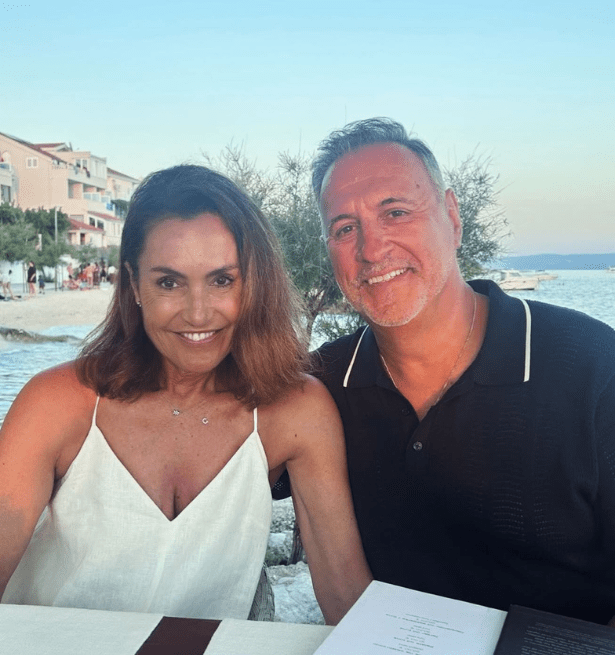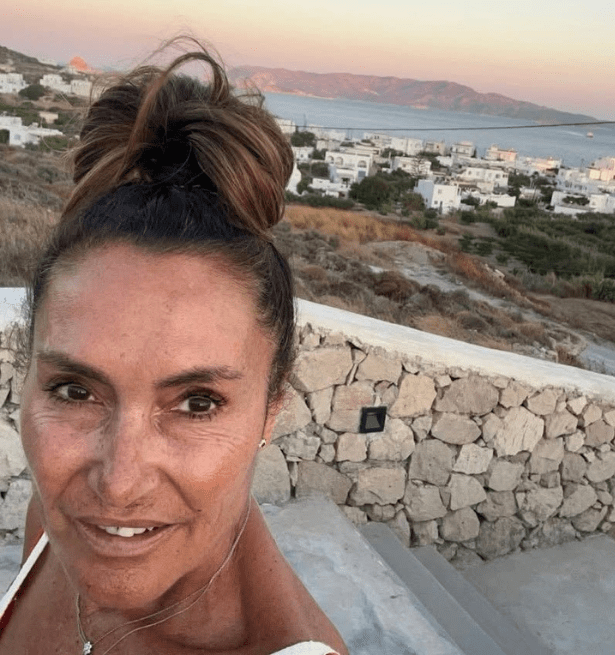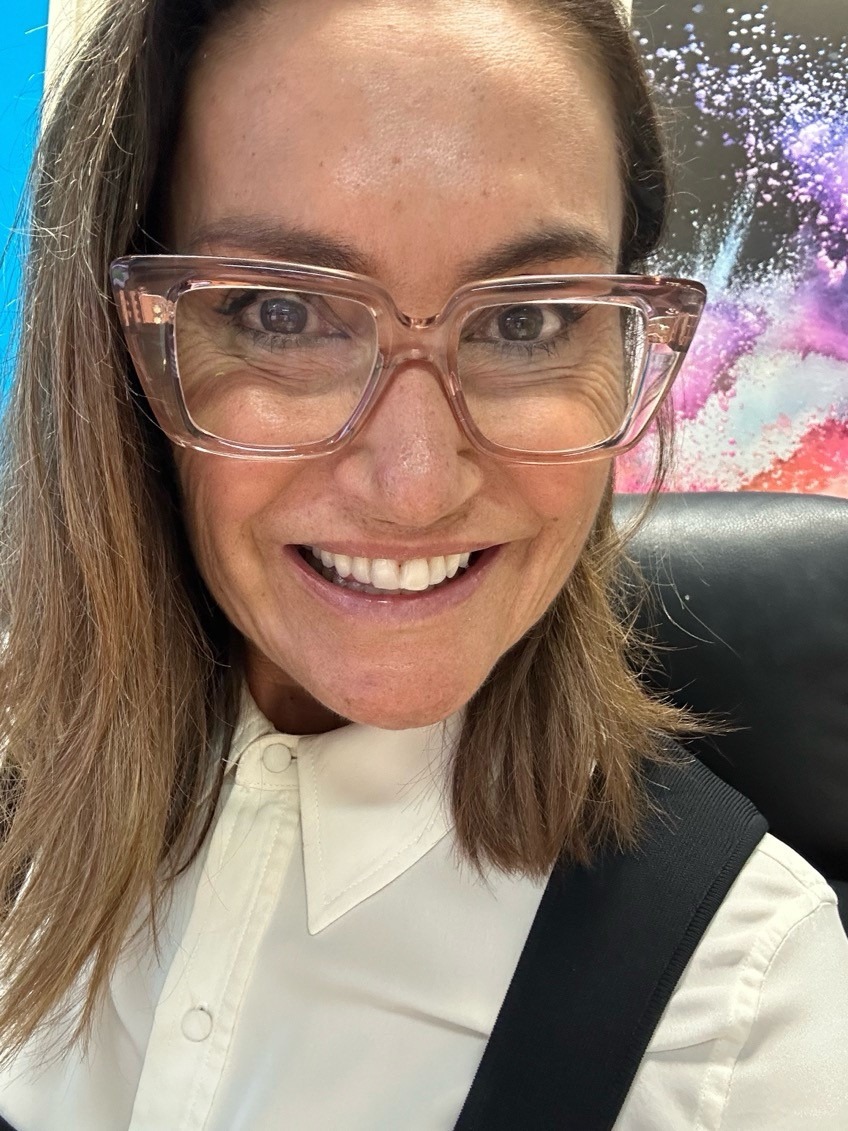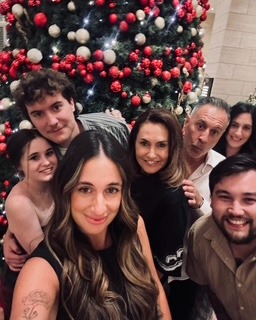Gea
Gea was diagnosed with Myelodysplastic Syndrome (MDS) in October 2024, following a routine blood test.
She now needs a stem cell transplant but is yet to find a matching donor on the international registry.
“I was a little bit numb and became frightened once I processed the news. I’m still scared, but I also understand that this is my only option to avoid my disease progressing.”
“Although the diagnosis and subsequent prognosis is frightening, the journey so far has been manageable. Largely because I have the best support around me – family and friends.”

“My overall perspective on life has changed though…dramatically. It’s sad that it takes something like this to happen to an individual before we truly stop and appreciate the important things in life.”
“I have so many excellent people around me supporting me and so many more that I haven’t spoken to in ages, that have reached out to say hi and to catch up.
These connections are everything and help keep me focused on the job at hand…getting through this.”
Previously unaware of stem cell donation, Gea’s friends and family have come together to help recruit more donors.

“As time has gone on, my husband and I have gathered more information. I had no idea of any of it and am now doing all that I can to promote it.”
In transplant matching, ancestry matters. For Gea, this means her best chance of finding a match lies with someone of similar Italian heritage. More people on the registry means more hope for Gea and thousands of others in her position.
“Please consider joining the registry if you are between 18-35.
It’s a very straight forward, non-invasive process that can save someone’s life”

What do I need to know before I sign up?
Stem cell donation is a safe and simple process that can potentially cure life-threatening diseases. Before you register, it’s important for you to have a good understanding of what it means to be a donor and ensuring you’re committed, should you be someone’s life-saving match.
Eligibility check:
- You’re aged 18-35.
- Generally healthy (we’ll cover this in more detail in the next steps).
Signing up means:
- You’re committing to donate to anyone, globally needing a match.
- You’re committed to being available if called upon.
- We’ll stay in contact, keeping you informed and ready for the call.
Donation likelihood:
- Matches are rare; they are based on genetic compatibility.
- BUT while not everyone will donate, your registration increases chances for those in need.
If you’re a match:
- We’ll call you to let you know!
- Donation involves a simple procedure with minimal discomfort.
- We support you throughout, ensuring top medical care and thorough information.

Join Gea’s appeal
If you’re in Australia, register below and we’ll send a swab kit to you in the mail.
Get your free Cheek Swab kitOutside Australia?
Important Information
We’re incredibly grateful for everyone who wants to make a difference by joining our registry. When it comes to donating stem cells, younger donors are preferred because they lead to better outcomes for patients. This focus on young donors helps us ensure that the patients’ transplants have the best chance of success.
While we do keep donors on the registry until their 60th birthday in case they become the perfect match for someone in need, we have to be mindful of our limited resources. Our priority is to engage those who can provide the greatest potential for successful transplants, which is why we encourage those aged between 18 and 35 years old to register.
If you’re outside this age range, please know that your passion and willingness to help are valued, and we appreciate your support in spreading the word about the importance of donating stem cells. See our How to help section for ways you can help our mission.
We understand that you may want to help a loved one who is unwell, and it’s natural to want to make a difference in their situation. However, when you register as a donor, you’re committing to help anyone in need of a stem cell transplant.
Unless you share the same parents, the chances of being a match for your loved one are very slim. Instead, by joining the registry, you have the opportunity to assist someone else who may be facing a similar situation to what your loved one is experiencing.
Your decision to register means you could potentially save the life of someone you’ve never met—someone who, like your loved one, is in need of support. While it might not be for your friend or relative, your willingness to help can make a significant difference in the lives of others in need.
If you match a patient, you will be contacted to confirm that you are healthy and still willing and available to donate. A blood sample will be taken to confirm the match.
Before donating, an independent specialist will assess you medically, explain the process thoroughly and answer any questions that you may have. Your health and well-being before and after donation are equally important.
Find out more about the donation process.